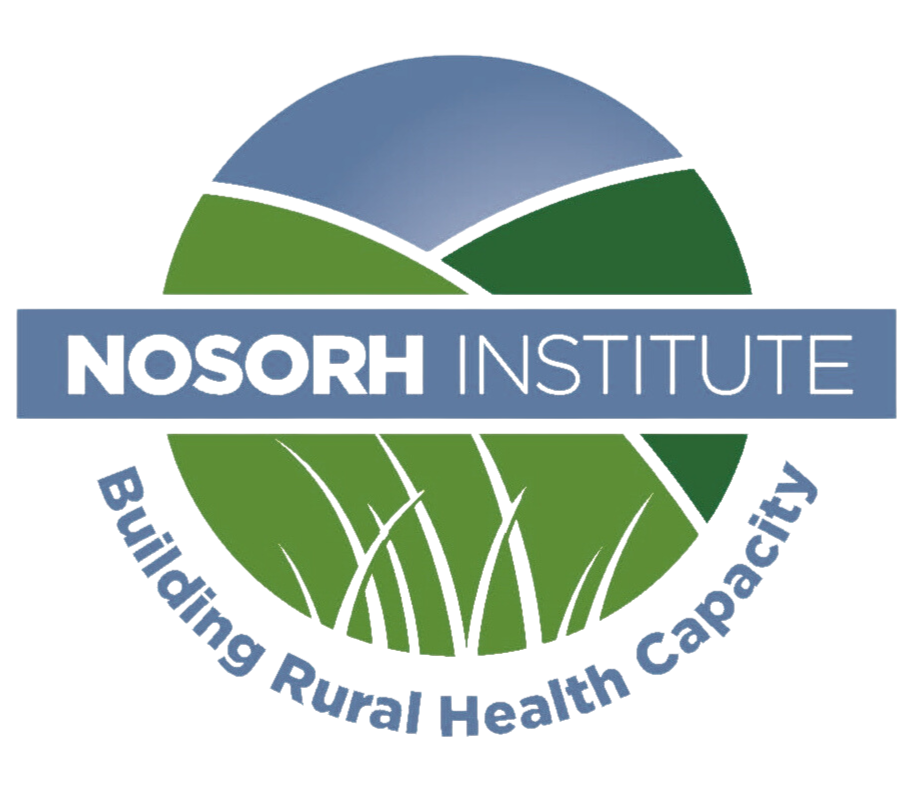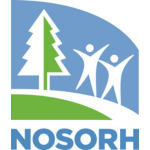Rural Health Clinic Institute
(On-Demand)
The Rural Health Clinic (RHC) Institute was originally developed to help State Offices of Rural Health (SORH) build their capacity to provide technical assistance to RHCs. The sessions include a wide range of pertinent topics, and best practices from which anyone providing technical assistance to RHCs will benefit. Join us for this unique opportunity to enhance your ability to provide technical assistance to RHCs in your state.
Intended Audience
This institute is intended for SORH and anyone providing technical assistance to RHCs.
Purchase Institute
Visit NOSORH’s iSpring Marketplace to purchase the RHC Institute:
Presenters

Chris Salyers
Director of Programs & Evaluation, National Organization of State Offices of Rural Health

Jill Oesterle
Director of Provider Solutions, Michigan Center for Rural Health

Julie Quinn
V.P. Compliance & Cost Reporting, Health Services Associates

Kate Hill
VP Clinic Services Division, The Compliance Team

Michon Mayfield
Director of Business Development, Quad A

Patty Harper
CEO, InQuiseek, LLC

Sarah Hohman
Director of Government Affairs, National Association of Rural Health Clinics

Shannon Chambers
Senior Director of Provider Solutions, South Carolina Office of Rural Health

Tonne McCoy
Technical Assistance Director, National Organization of State Offices of Rural Health
Course Content
Chapter 1: Starting the conversation for RHCs
Rural communities are challenged with determining the appropriate primary care delivery model to meet the needs of the population and ensure long-term sustainability. Participants will discuss how to help communities decide if RHC is the right fit for the local primary care clinic and learn how to assist with conducting financial feasibility studies. Participants will learn to assist clinics with the decision to pursue RHC status and planning for ongoing financial compliance and sustainability. In addition, this session will cover the process of transitioning from a freestanding clinic to an RHC and an Independent RHC to provider-based.
Chapter 2: Providing Technical Assistance to RHCs (Part 1)
During this two-part series, participants will learn about options for providing high-level technical assistance to RHCS. Examples include board governance, leadership training, revenue cycle management (coding/billing/reimbursement), cost reporting, and provider & staff recruitment.
Chapter 3: Collaboration and Partnerships
Participants will be provided with guidance on the organizations and experts to connect with to effectively support RHCs. Innovative partnerships built through collaboration at the state and national levels are key to strengthening RHCs. Information will be provided regarding state RHC associations and others such as the State Rural Health Associations, Primary Care Offices, and Primary Care Associations.
Chapter 4: RHC Conditions of Participation
Participants will review the CMS Conditions of Participation and learn about the requirements for RHC organizational structure, physical plant/safety, and staffing responsibilities. This session will include basic training on how to conduct mock surveys based on CMS guidelines.
Chapter 5: Providing Technical Assistance to RHCs (Part 2)
Part 2 will highlight additional technical assistance offerings such as Patient-Centered Medical Home (PCMH) recognition, quality and operational improvements, technology or telehealth implementation, and integrating oral and behavioral health. This webinar will give SORHs suggestions for providing support to RHCs that do not involve high-level, direct technical assistance, such as conferences, webinars, and information dissemination (social media and newsletters). Participants will hear about best practices from SORH with experience in these areas.
Chapter 6: RHC Compliance
Participants will be able to identify the top RHC deficiencies in the nation, be able to provide best practices for “being survey ready”, and how to provide precise feedback/directions for compliance.
Chapter 7: Understanding RHC Advocacy and Policy Efforts
The National Association of Rural Health Clinics, the Federal Office of Rural Health Policy, and the National Rural Health Association will inform participants about current legislative and policy issues at the national level and provide an overview of opportunities for SORHs to become involved in advocacy efforts.
Chapter 8: Show Me the Data!
This webinar will focus on the needs, barriers, and challenges of RHCs. Needs vary from state to state, and each clinic has unique challenges, however, data demonstrate there are national trends and common issues. This session will provide an overview of existing needs assessment data, provide information on the impact of changing marketplace, new reimbursement methods, and regulatory environment on RHC. There will also be guidance to assist SORH in learning about the specific needs of RHCs in their states
Chapter 9: Moving Forward: Creating a lasting working relationship with RHCs
In this final webinar session, participants will learn how to put all the information together to develop a comprehensive strategy to work with RHCs most effectively and efficiently in their own states.
Help
For any logistical help with iSpring Marketplace, please contact Beth Kolf, NOSORH Program Specialist, at bethk@nosorh.org.
